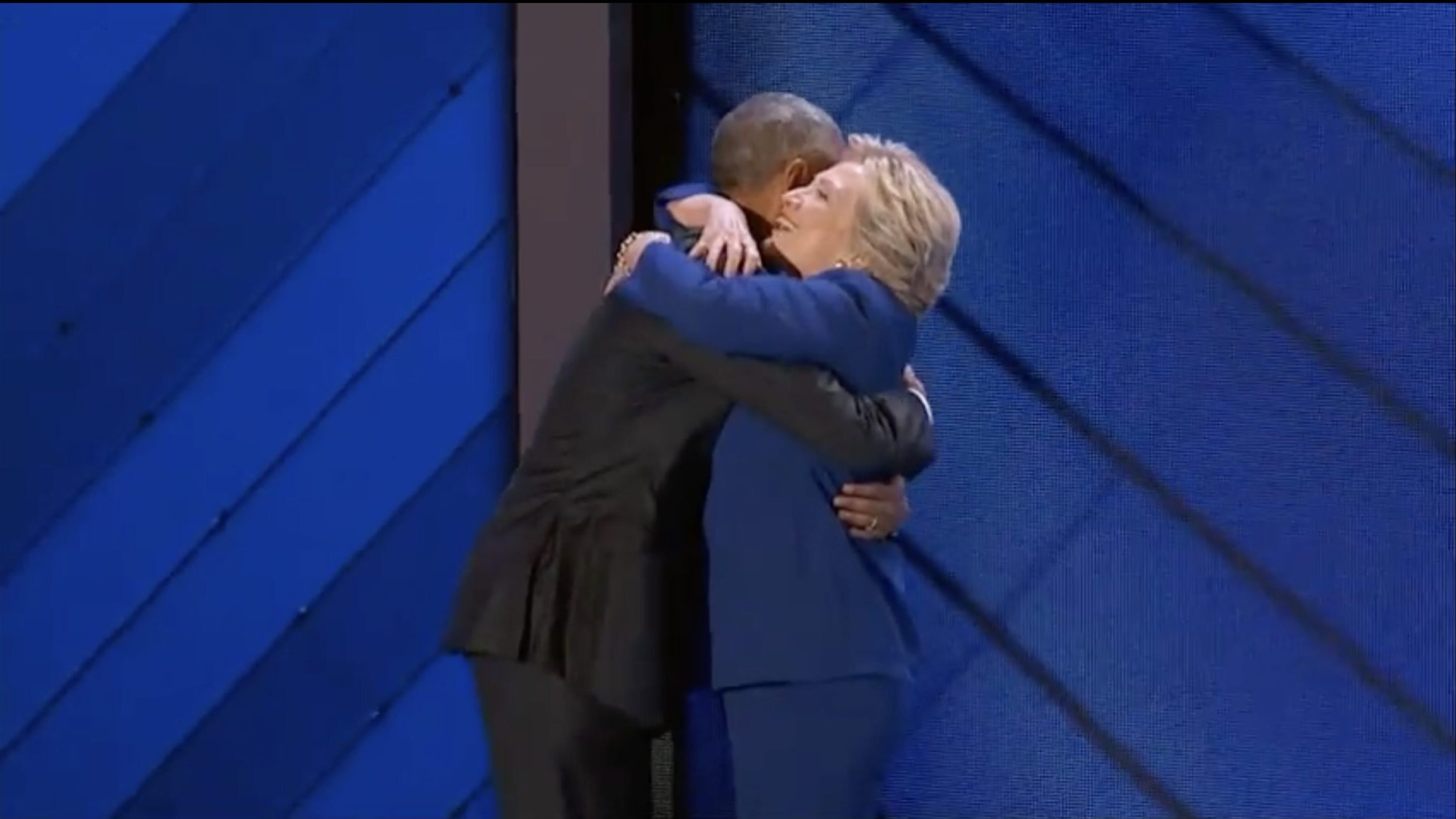


Newly declassified documents show Russia had intelligence that then-President Barack Obama was trying to make Hillary Clinton’s email scandal go away in the lead-up to the 2016 election.
Senate Judiciary Chairman Chuck Grassley released on Thursday the declassified appendix to Special Counsel John Durham’s 2023 report. The Durham report vindicated President Donald Trump and others who insisted the FBI acted improperly when it opened its investigation into the Trump campaign over allegations of collusion with Russia. Notably, Special Counsel Robert Mueller found no evidence that Trump conspired with Russian operatives.
According to the declassified appendix, the Obama administration’s intelligence agencies became aware of two Russian intelligence memos — one from January of 2016, the other from March of 2016 — that assessed Obama himself was trying to tip the scales for Clinton based on spying they did on then-Chairwoman of the Democratic National Committee (DNC) Debbie Wasserman-Schultz and conversations she purportedly had with two individuals from the George Soros Open Society Foundations.
The January 2016 Russian memorandum stated, according to the declassified annex, that Obama didn’t want to “darken the final part of his presidency and ‘legacy’ by the scandal surrounding” Clinton. So, Obama put “pressure on FBI Director James Comey through Attorney General Lynch, however, so far without concrete results,” according to the memorandum.
The “scandal” in question was Clinton’s use of a private email server while she was secretary of state and reported “preferential treatment of donors of the Clinton Foundation.”
According to the appendix, the March 2016 memorandum, which was also in Russian, characterized comments made by Wasserman-Schultz as follows:
“In relation to the consensus reached among the Democratic Party (DP) leadership regarding the candidacy of Hillary Clinton, Barack Obama sanctioned the use of all administrative levers to remove possibly negative effects from the FBI investigation of cases related to the Clinton Foundation and the email correspondence in the State Department,” the translated memorandum reads. The memorandum, citing “information from Wasserman-Schultz,” stated that the “FBI does not possess any kind of direct evidence against Clinton, because of their timely deletion from the email servers.”
But, according to the translated memorandum, Clinton’s campaign’s political director, Amanda Renteria, was “regularly receiv[ing]” tips from then-Attorney General Loretta Lynch “on the plans and intentions of the FBI.”
The annex states that the CIA believed the intelligence was credible.
“The CIA prepared a written assessment of the authenticity and veracity of the above-mentioned intelligence. The CIA stated that it did not assess that the above [redacted] memoranda, or [redacted] hacked U.S. communications, to be the product of Russian fabrications.”
The FBI, however, said the information was not credible, though FBI General Counsel James Baker, “unlike his colleagues, did not dismiss the credibility” of the memorandum, while he shared concerns.
The declassification comes amid efforts by the Trump administration to shed light on the mass inter-agency collusion that took place leading up to the 2016 election.
Director of National Intelligence Tulsi Gabbard recently declassified a 2020 report by the House Permanent Select Committee on Intelligence showing that members of the intelligence community were concerned with several aspects of the Intelligence Community Assessment (ICA) that was the heart of the Russia collusion hoax.
Brianna Lyman is an elections correspondent at The Federalist. Brianna graduated from Fordham University with a degree in International Political Economy. Her work has been featured on Newsmax, Fox News, Fox Business and RealClearPolitics. Follow Brianna on X: @briannalyman2
